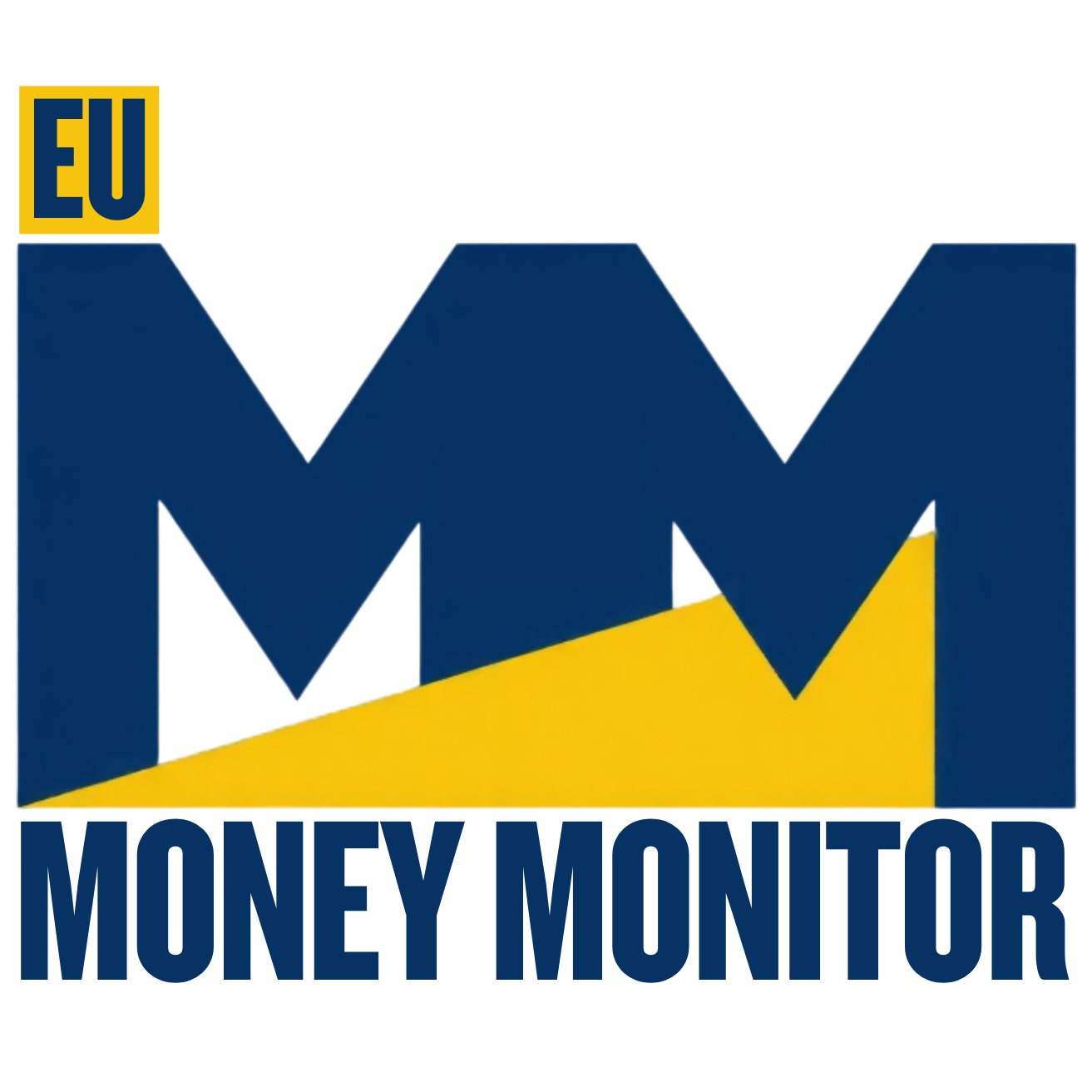
This NGO is listed in the public NGO Transparency Dashboard.
The full dashboard and key indicators are openly accessible and built exclusively from official public records.
The full NGO profile is available to subscribers and provides deeper, professional-grade analysis: detailed funding timelines, governance and people mapping, HR transparency notes, filing links, and full source traceability. You can see an example here. To view the complete NGO profiles upgrade to Due Diligence (€29/month or €290/year).
Already registered? Log in here. | Questions? [email protected].
